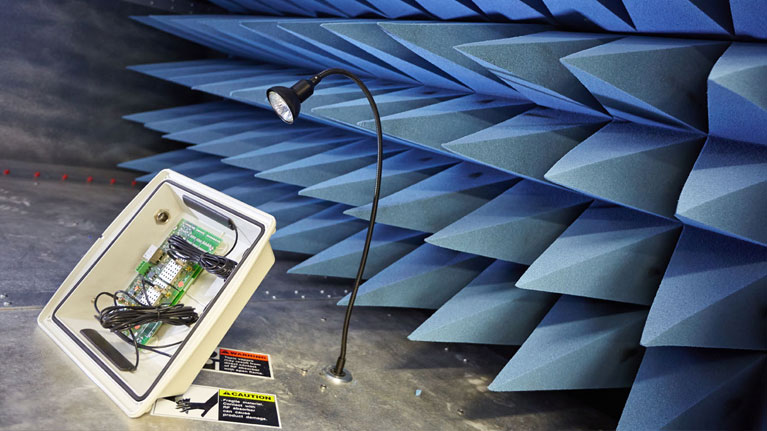Self-charging sensors to improve energy efficiency in cars
Tekniker coordinates the European project SUINK to develop innovative ecological solutions to power sensors in the automotive sector.

Nowadays, cars are equipped with more than 60 sensors to monitor parameters such as temperature, oil pressure, emission levels or speed, although it is expected that this figure will grow as electric vehicles become more popular. Sensors of this kind must be connected by cables and connectors to a power source which only adds on undesired weight and reduces the general reliability of a vehicle.
The purpose of the European SUINK project coordinated by Tekniker is to design and develop sustainable, resilient and printable self-charging power supply systems to feed an extensive range of sensors in the automotive sector.
This four-year project kicked off on September 15, 2022 at Tekniker’s headquarters in Eibar. A total of eleven partners from five European countries are involved in this initiative that is funded by the European Horizon programme.
Power sources
The innovative power systems to be developed under the SUINK project will use sustainable elements and combine biologically-based conducting, dielectric and piezoelectric ink applied by inkjet printing on flexible recyclable surfaces.
This innovative technology will be applied to produce temperature, humidity and voltage sensors by harnessing the vibrations produced by vehicles in motion and provide a power source.
Other applications will include the development of a new recyclable textile material to be used inside vehicles to make the most of the power that is produced.
By reducing the weight of the components to be used, the SUINK project will boost the productivity and energy efficiency of the automotive industry based on a circular economy approach. From the design stage until the end of the life cycle of a product with new recyclability and reutilization protocols.
